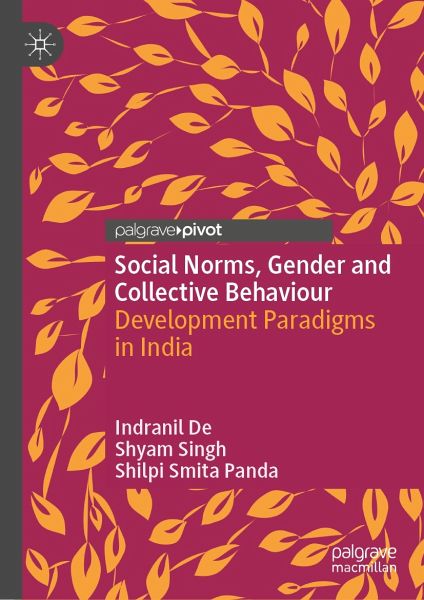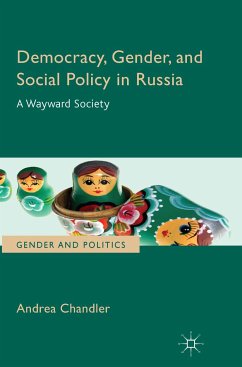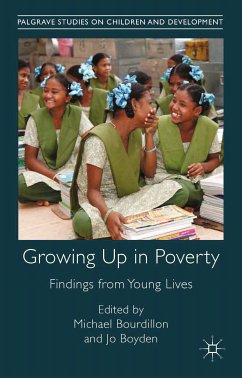This book explores the nature and type of prevalent collective behaviour that influences women empowerment, women workforce participation and behavioural change in sanitation. The influence of collective norms and customs have been investigated through a series of studies throughout India.
There are very few research works on understanding social norms that distinguishes it from a range of other collective behaviours. This understanding would not only improve analytical clarity on collective behaviour in general and social norms in particular, in the context of gender and sanitation, but also improve development practice in these areas. This book is also novel as it would expound the social network regarding sanitation behavior in India. The tools and techniques discussed in the book are replicable and hence would be helpful for other researchers and development practitioners to analyse other collective behaviours.
Indranil De is an Associate Professor in Social Sciences and Economics in Institute of Rural Management Anand (IRMA), India. His areas of interest are institutional economics, political economy, public policy, basic service delivery and gender. He is editor of International Journal of Rural Management. He has completed research and consulting projects with UNICEF, IWMI and the central and different state governments of India.
Shyam Singh is an Associate Professor in Social Sciences at IRMA. His research interests include governance and development, social networks, monitoring and evaluation, and CSR. He has completed research projects for UNICEF, World Bank, the Government of India, and the Government of Gujarat. He teaches Rural Society and Polity, Monitoring and Evaluation, and Social Network Analysis at IRMA.
Shilpi Smita Panda is a Post-Doctoral Fellow at Centre of Excellence in Studies on Tribal and Marginalized Communities at Utkal University Bhubaneswar, India funded by the WorldBank. She has also served as a Research Assistant in a project funded by UNICEF in IRMA , Gujarat.. She has done her Ph.D. in Social Sciences from National Institute of Technology, Rourkela, India.
There are very few research works on understanding social norms that distinguishes it from a range of other collective behaviours. This understanding would not only improve analytical clarity on collective behaviour in general and social norms in particular, in the context of gender and sanitation, but also improve development practice in these areas. This book is also novel as it would expound the social network regarding sanitation behavior in India. The tools and techniques discussed in the book are replicable and hence would be helpful for other researchers and development practitioners to analyse other collective behaviours.
Indranil De is an Associate Professor in Social Sciences and Economics in Institute of Rural Management Anand (IRMA), India. His areas of interest are institutional economics, political economy, public policy, basic service delivery and gender. He is editor of International Journal of Rural Management. He has completed research and consulting projects with UNICEF, IWMI and the central and different state governments of India.
Shyam Singh is an Associate Professor in Social Sciences at IRMA. His research interests include governance and development, social networks, monitoring and evaluation, and CSR. He has completed research projects for UNICEF, World Bank, the Government of India, and the Government of Gujarat. He teaches Rural Society and Polity, Monitoring and Evaluation, and Social Network Analysis at IRMA.
Shilpi Smita Panda is a Post-Doctoral Fellow at Centre of Excellence in Studies on Tribal and Marginalized Communities at Utkal University Bhubaneswar, India funded by the WorldBank. She has also served as a Research Assistant in a project funded by UNICEF in IRMA , Gujarat.. She has done her Ph.D. in Social Sciences from National Institute of Technology, Rourkela, India.
Dieser Download kann aus rechtlichen Gründen nur mit Rechnungsadresse in A, B, BG, CY, CZ, D, DK, EW, E, FIN, F, GR, HR, H, IRL, I, LT, L, LR, M, NL, PL, P, R, S, SLO, SK ausgeliefert werden.









